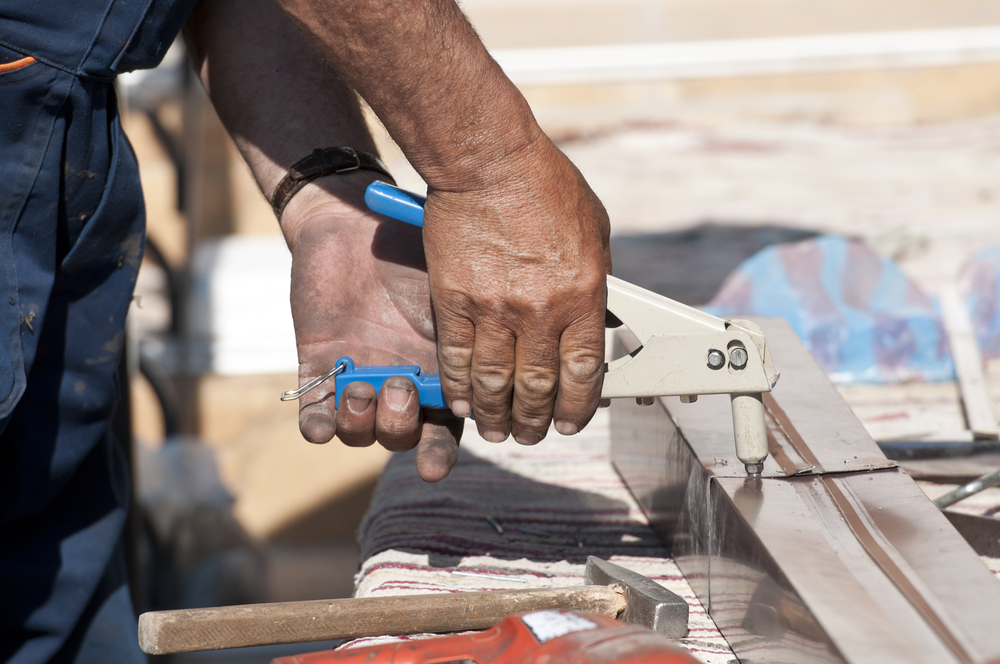U.S. Senate Republicans introduced a bill that would reform the H-2B temporary visa program to allow companies to hire more foreign workers for non-agricultural seasonal work, primarily in the construction and hospitality industries.

The Save our Small and Seasonal Businesses Act of 2017 would reform the H-2B program to include a “returning worker exemption” provision, which allows workers who have previously worked in the United States through the H-2B visa program to not count against the visa cap.
There was no returning worker exemption in fiscal year 2017, which has caused hardship for seasonal small businesses that were not able to fill their workforce demands. U.S. businesses already reached the cap for fiscal year 2017 on March 13.
The bill would also require wages to be based on the job category and experience level as opposed to media wage. H-2B employers would also not need to provide housing to their workers, but would require them to “make reasonable efforts” to assist H-2B workers in locating housing. It would also allow for payroll deductions for housing in accordance with the Fair Labors Standards Act.
The bill specifies that full time for H-2B workers is considered 30 or more hours per week and seasonal need is limited to 10 months.
The bill was co-sponsored by Sens. John Thune (R-SD), Mike Rounds (R-SD), Thom Tillis (R-NC), Angus King (I-ME), Roy Blunt (R-MO), John Cornyn (R-TX), Susan Collins (R-ME), and Lisa Murkowski (R-AK).
“Seasonal employees are a critical component of South Dakota’s robust tourism industry, which is largely comprised of small businesses,” Thune said. “The temporary, supplemental workforce provided by the H-2B visa program is essential for businesses that employ domestic workers, yet simply cannot fill all their job openings with local employees. Given our state’s low unemployment rate, these workers, especially those seeking to return, would play an important role in our economy.”
Rounds said South Dakota tourist and construction industries depend on the H-2B visa program to sustain their businesses during their busy seasons.
“We have already reached the cap of H-2B for fiscal year 2017, and many of these businesses are in jeopardy of losing business or laying off workers because they are unable to fulfill their obligations,” Rounds said. “While we continue to search for an immediate fix to this problem, our legislation would make substantial, long-term reforms to the H-2B visa program, providing more flexibility, more transparency and more certainty for businesses who rely on these temporary, seasonal workers.”